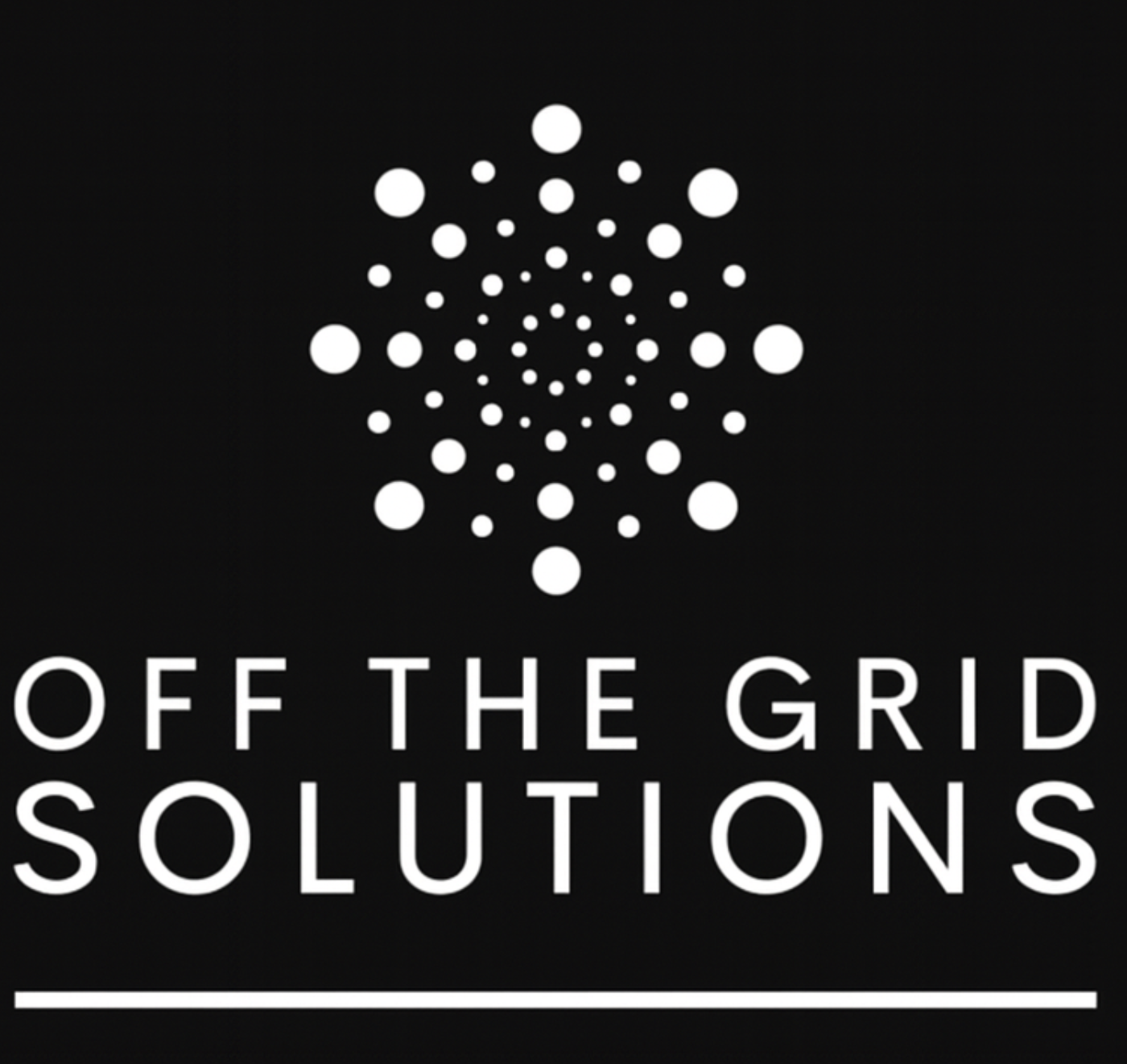Can Solar Handle Harsh Winters? 5 Lessons I’ve Learned Installing in MA and NH
Hey there—I’m Corey Cogan. I help homeowners across Massachusetts and New Hampshire go solar without the confusion, pressure, or surprise costs. One of the biggest questions I get (especially after the first snowfall) is:
“Will solar panels even work in New England winters?”
The short answer? Yes—but it’s different than in Florida or Arizona. After helping dozens of homeowners go solar in snow-prone towns from Worcester to Concord, I’ve learned a few key things that make all the difference.
Here are 5 honest, firsthand lessons I’ve picked up helping folks install solar here in the Northeast:
1. Solar Panels Still Produce Power in the Cold
In fact, solar panels perform better in cold temps than in extreme heat. As long as the sun is hitting them—even on a chilly February afternoon—they’ll generate electricity. Snow may temporarily cover them, but winter doesn’t stop your system from working altogether.
2. Snow Slides Off—Most of the Time
Panels are installed at an angle, so snow tends to slide off once the sun warms them up. If your roof gets a lot of shade or is nearly flat, that can slow things down. For homes with heavy accumulation, I sometimes recommend a snow guard or an alternate mounting approach. The good news? Your system is designed to meet annual energy needs, not just month-to-month.
3. Annual Averages Matter More Than Daily Output
Winter months will produce less, but summer months will make up for it. That’s how your system is designed. In July, you might generate more than you use—and that excess gets credited to your account. So when January rolls around, you’re not left in the dark (or in the red).
4. Heavy Snow Doesn’t Damage the Panels
Solar panels are tested to withstand hail, wind, and snow loads, especially those installed here in New England. The panels and racking systems I use meet or exceed local building codes for snow-bearing capacity. If your roof can handle a Nor’easter, it can handle solar.
5. Install Timing and Access Matter
Want your solar up and running before winter? The best time to start is late summer or early fall. Once snow starts piling up, installs can slow down due to weather delays and icy roof conditions. That doesn’t mean it’s impossible—it just takes a little more planning.
Final Thought
New England winters are no joke—but neither are the energy savings you can get with solar. I’ve helped folks in snowbelt towns, lakeside homes, and mountain cabins install systems that hold up just fine year after year.
If you’ve been holding off on solar because of the cold, let’s talk. I’ll give you a straight answer about how solar will perform on your roof, in your town.

